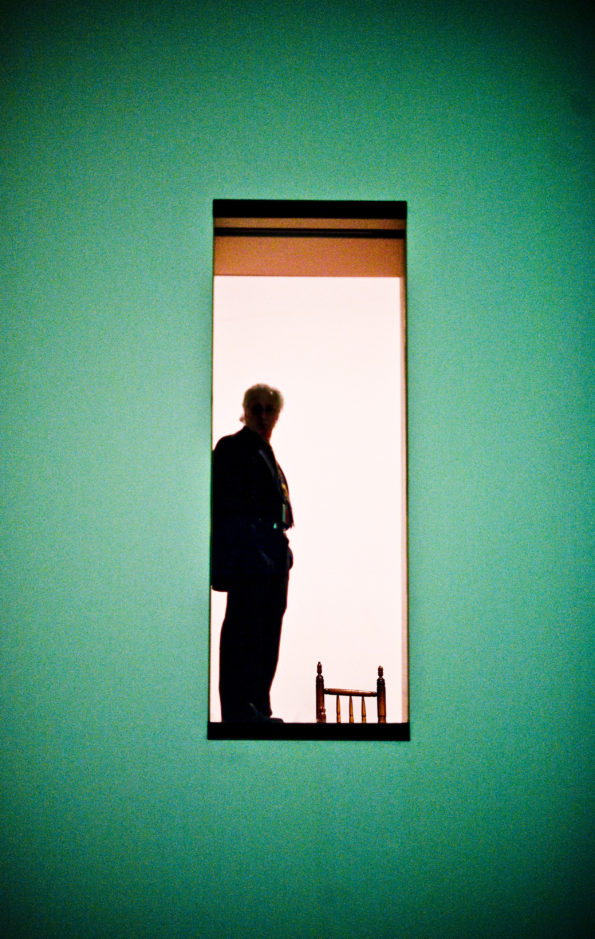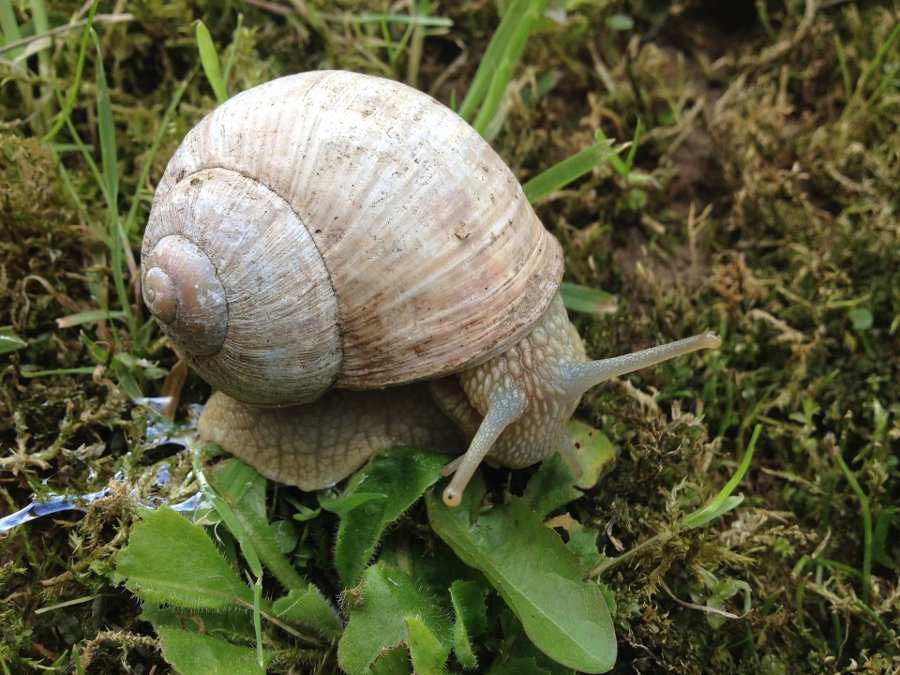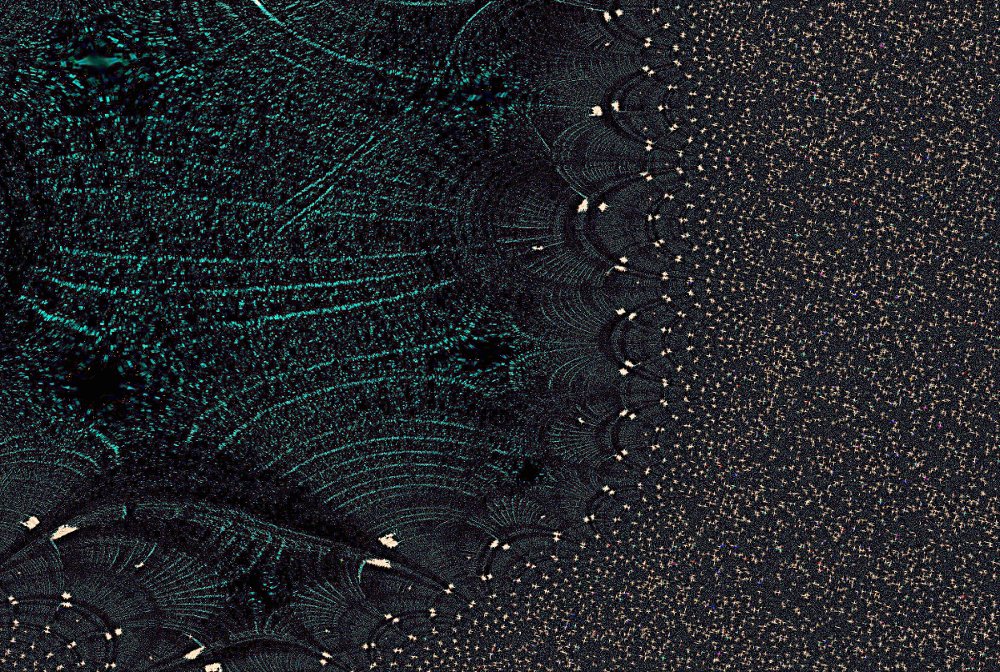An Internal Space or an External Refuge
At my older daughter’s wedding, she sang the song, “Feels Like Home to Me” to her husband. It struck me that we are all searching for a sense of home in our lives and I was so grateful that she had found a man with whom she felt at home. Her beautiful voice filled the reception hall and my hope for everyone there was that they felt, in that moment, that they were home.

After several years of reflection on what HOME really means, I came to the conclusion that we search for HOME in all the wrong places.
Some of us refer to the country we live in to be our home. “I can’t wait to get home after traveling in all these foreign countries where I don’t know the customs, I don’t speak the language, and I don’t like the food.” Others identify the church or religion with which they are affiliated as their home. “When I enter the Temple, I feel at home.” “When I go to the Mosque, I have a sense of peace.” “When I go to Mass, I feel I belong.”
How much of our problems stem from our need to find a home outside of ourselves—a sense of place where we feel like we belong and are loved—instead of looking inward and connecting to forces outward? Some of the dictionary definitions for home are revealing:
- A house, apartment, or other shelter that is the usual residence of a person, family, or household
- The place in which one’s domestic affections are centered
- A dwelling place or retreat
- The place or region where something is native or most common
- Of, pertaining to, or connected with one’s home or country; domestic
- Principal or main
- Reaching the mark aimed at
- Deep, to the heart
- Into the position desired
- Toward its vessel
- In a situation familiar to one; at ease
- Having safely achieved one’s goal
The definitions above demonstrate the range of feelings that the word “home” elicits. For me, the first half of the definitions refer to external places (e.g. house, region, country) and resonate less than the words that speak to a returning, that describe a subjective and internal experience, and that lead to a feeling of peace and stillness.
Picking and choosing from the list of dictionary definitions, one might define HOME as “reaching the mark arrived at deep in the heart, which enables a person to feel familiar, safe, and at one.”
 I understand the appeal of different types of home. The house in which we were raised gives us a certain sense of home. It’s where we return to after a day with friends, in school, or wherever we may go. Life partners can also bring a sense of peace and happiness and create a home of love and bonding. The hometown where we grew up grounds us in memories and gives us a sense of place. The home team for sports enthusiasts engenders a sense of loyalty, support, and rowdy displays of favoritism. The country in which we live and work gives us a sense of patriotism and obligation to serve in the defense of the homeland. The church to which people belong comforts them in hard times and challenges them to reach out and help others in good times. The core religious principles of faith, hope, and charity serve as bedrock principles for billions of people on earth. These are all good things.
I understand the appeal of different types of home. The house in which we were raised gives us a certain sense of home. It’s where we return to after a day with friends, in school, or wherever we may go. Life partners can also bring a sense of peace and happiness and create a home of love and bonding. The hometown where we grew up grounds us in memories and gives us a sense of place. The home team for sports enthusiasts engenders a sense of loyalty, support, and rowdy displays of favoritism. The country in which we live and work gives us a sense of patriotism and obligation to serve in the defense of the homeland. The church to which people belong comforts them in hard times and challenges them to reach out and help others in good times. The core religious principles of faith, hope, and charity serve as bedrock principles for billions of people on earth. These are all good things.
Our multiple homes give us a sense of security, pride, and belonging.
It would be wrong to diminish the importance and purpose of these homes.
Indeed, I’ve been the beneficiary of several great homes. My parents were honest, decent, supportive, loving, and accepting people who always provided good food, comfortable space, and a few bucks for spending money now and then. I grew up in Plainwell, Michigan, a town that provided a solid education, winning sports teams, and a safe environment. I was raised as a Methodist and went to church with my family every Sunday. It seemed like a reasonable religious home for me at the time. Even though I didn’t believe in the war, I still served my country in Vietnam and am supportive of protecting our homeland. America provided me with opportunities I could only have received in a few places in the world. It deserves my respect and patriotism.
The problem comes when we identify too strongly with any of these homes. If we over-identify with our nationality, our religion, our profession, our job, or even as a sports fan etc., it starts a vicious cycle.
Identification leads to imagination (feelings of superiority or being more than what we are), which leads to negative emotion (when others don’t share your beliefs, patriotism, home team fanaticism, etc.), which leads to bitterness, hatred, and violence. It’s not difficult to find the endpoints of this cycle.
Religions and nations have been very effective at marketing the idea of providing a home for people. Nietzsche would say that religions manipulate the masses for purposes of power and control. Others would say that religions reach out to what’s best in people. Ironically, in my view, churches have been more constructive on a sociological and psychological level than they have been on a spiritual level.
In his poem “The Guest House,” Rumi encourages us to be grateful for whatever comes. Perhaps that’s the best way to visualize the desired end state for our subjective, internal HOME.
This being human is a guest house.
Every morning a new arrival.
A joy, a depression, a meanness,
some momentary awareness comes
as an unexpected visitor.
Welcome and entertain them all!
Even if they are a crowd of sorrows,
who violently sweep your house
empty of its furniture,
still, treat each guest honorably.
He may be clearing you out
for some new delight.
The dark thought, the shame, the malice.
meet them at the door laughing and invite them in.
Be grateful for whatever comes.
because each has been sent
as a guide from beyond.
My aspiration for an internal HOME is to reach a state of being in which I am fully awake, unified, and conscious, even for fleeting moments. HOME is an acronym that describes that state:
I AM
Here
at One
In the Moment
Eternally
“I AM” means the focus is on being vs. doing. When kids graduate from high school or college, I prefer to ask them, “Who are you going to be?” instead of “What are you going to do?” In The Way of Life, Lao Tzu says that the way to doing is being. Being can best be described as a state of calmness, equanimity, peace and stillness that manifests as our Presence and defines our Essence.
“Here” means being fully present. Not distracted by physical preoccupations. Not lost in emotional disappointments. Not thinking about some intellectual challenge or new idea. It means being where you are.
“At One” means seeing ourselves as an integral part of the whole. Connected to the Universe. Connected to each other. Understanding that all is one and one is all. Not focusing on differences. Appreciating commonalities. Having a visceral sense of peace.
“In the Moment” means being here now. Not fretting about what happened in the past. Not worrying about what might happen in the future. Not tweeting, texting, e-‐mailing, reading. Focused. Centered.
“Eternally” means forever. Time and space no longer matter. We are experiencing a perfect moment that extends throughout eternity. It is a sense of immortality.
HOME is not discussed in terms of square feet, number of bathrooms, lot size, military might, economic power, athletic prowess, religious righteousness or grandeur of any kind. As such, there is no need for greed, envy, or feelings of superiority. It’s simple. Ironically, building this HOME is much more difficult than building nations, palaces, or churches.
In short, the current state is that we are fighting the wrong wars in our life. We are more focused on the petty than the possible.
We can assess our current state by observing how much time we spend reacting to petty issues outside ourselves and how much time we spend pursuing what’s possible inside ourselves. Essentially, that assessment lets us know how we are doing on our spiritual growth. Are we making real efforts to grow or are we coasting through life with half-‐hearted attempts to increase our consciousness and to build our internal HOME?
Instead of fighting wars about whose side some external God is on, I’m suggesting that the real war is confronting the challenges required to construct a virtual HOME within ourselves in entirely unconventional ways. We need to ask, “Are we fighting the right war or not?” Are we fighting with others about who is right, or are we fighting with ourselves to wake up and build our inner HOME?
In an attempt to figure all this out and find my HOME, I went to China for a month to study with a qigong master. I returned from China to many homes. I returned to America—a land I love. I came back to my family. I came back to my physical environment that I treasure. And yes, I came back a little more in touch with my internal HOME.
When I meditate and do qigong now, I try to connect with the Light, Warmth, and Love in the Universe. I imagine opening up to the stars, the Milky Way, the Universe, and to Infinity and try to bring all that positive energy into my body.
Somehow the path from the universe to our inner HOME is littered with the debris of our cultural conditioning and personal experiences.
Yet, when I look into the eyes of my baby grandchildren, I see unfiltered Light, Warmth, and Love. It’s already there. And I wonder. What will happen to bring a shadow to that Light, to put a chill in that warmth, to turn that love into hate? What happens in peoples’ lives that transform them from innocent and pure babies to dark, cold, and bitter adults? My observation is that they wander away from their HOME and their center in search of a different home away from themselves. Why is returning to the HOME that is already there fraught with so many obstacles?
The road from essence to personality is so much easier than the road from personality to essence. The road from substance to appearance is far more seductive than the road from appearance to substance.
Another Rumi poem captures the essence of this post:
Whoever Brought Me Here, Will Have to Take Me Home
All day I think about it, then at night I say it.
Where did I come from, and what am I supposed to be doing?
I have no idea.
My soul is from elsewhere, I’m sure of that,
and I intend to end up there.
This drunkenness began in some other tavern.
When I get back around to that place,
I’ll be completely sober. Meanwhile,
I’m like a bird from another continent, sitting in this aviary.
The day is coming when I fly off,
but who is it now in my ear who hears my voice?
Who says words with my mouth?
Who looks out with my eyes? What is the soul?
I cannot stop asking.
If I could taste one sip of an answer,
I could break out of this prison for drunks.
I didn’t come here of my own accord, and I can’t leave that way.
Whoever brought me here, will have to take me home.
This poetry. I never know what I’m going to say.
I don’t plan it.
When I’m outside the saying of it,
I get very quiet and rarely speak at all.
Rumi raises the critical challenge, “if I could get a sip of an answer, I could break out of this prison for drunks.”
This post simply describes my search for that elusive sip. It seems to me that the only way out is to go deep inside and work through. Only by great effort will be able to find our HOME.
As we try to find a way out of this prison for drunks, the idea is to increase the moments of peace, possibility, and connection in our lives.
We need to realize there are always going to be intruders in our home. Accept them. Laugh at them. Come from a place of peace, possibility, and connection. That’s all we can do on a personal level.
On a global level, Nationhood may be a necessary step along the way. The only real solution for lasting peace on our planet, however, is for people to build internal HOMES connected to the universe and to a nameless force and source. To bask in gratitude that we are here now – an impossible probability now manifest in amazing possibility. And figure out a way to get along peacefully and collaboratively.
There are some major challenges to achieve that goal. In my view, we need to let go of identification, imagination, and negative emotion. We need to create a crystallized “I” with no need for power, fame, or control.

Building a HOME means going deep.
So, be quiet.
Be still.
Be calm.
Be at peace.
Return to your true HOME
Our unruly I’s will always raise their ugly heads. They are like snakes in the path of a horse. We lose all control. What’s important is to stay committed to a continuing process and keep the faith that evolution and growth are possible.
Moving forward together, we need to find a community for our HOMES. A sense of connection is essential. Even though we try to power our individual homes with universal light, love, and warmth, we need to create a connected community as well in order to have a greater impact on this earth and to save the planet from climate change and nuclear disaster.
In conclusion, I believe that we need to find a HOME that gives us a sense of peace and a foundation for being more loving and responsible. I wrote this poem to summarize my point of view.
This HOME is not a fortress to protect your personality It is a place that frees your essence.
This HOME is not a building to defend your thoughts and beliefs It is an inner warmth that has no fence.
This HOME is not an external place to give you a sense of order. It is an internal launching pad to release your energy beyond any border.
This HOME is not a retreat to make you feel selected. It is a simple sensibility that enables you to feel connected.
Our internal HOME provides a place for consciousness and awareness to grow. At a minimum, consciousness and awareness are good things independent of any transcendent possibilities. Being aware means we have few blind spots, some level of sensitivity to others, and a feeling of being alive and awake for our brief period on this earth. At a maximum, being conscious means we develop a crystallized essence; a connection to higher energies; a Oneness with the Absolute; a higher probability for another chance; an enlightened state; an evolutionary advance; an ultimate liberation from the trials of this world; a greater appreciation for what’s unfolding in front of us; a feeling of freedom from our habits, limitations, and constricting beliefs; a deeper and richer understanding of possibility; a sense of unification; and a more powerful ability to heal with the light, love, and warmth of the universe.
And death becomes just another moment.
May you find your HOME and be at peace. May we find a way to dance all the way to death. And, together, may we find a way to join with each other as one community on earth dedicated to the preservation of the planet and to the generation of new possibilities for all.
In my book, Being at Home in the Universe, I discuss the seven construction challenges of building an internal space and share my experiences of working with a qigong master for a month in China. If you would like a copy of that book, it is available on Amazon.com.
I can’t think of a better way to end this post, than sharing some lyrics of one of my favorite songs by Leonard Cohen, Dance me to the End of Love. If there is anyone who is at HOME in the Universe, it is this wonderful songwriter and poet.
Dance me to your beauty with a burning violin
Dance me through the panic ’til I’m gathered safely in
Lift me like an olive branch and be my homeward dove
Dance me to the end of love
Also published on Medium.




Thank you for a beautifully written piece.
As a child, home, for me, was that place where I found peace, acceptance and unconditional love. As an adult, when I established a home of my own to raise my children, my hope was that they would remember their childhood home with as much fondness as I did mine. I sought to create not a place, but a feeling of worth, communion and love.
I recall in dark moments of life wishing I could “go home”, yet knowing it was not a physical place, but a state of being. Where I longed to be was not the structure where we housed our belongings, but that state of grace where I felt connected to those around me in perfect harmony. It was in those moments that I learned my unhappiness stemmed from being disconnected from love.
When I think of home, it is not a place, but a state of being where the heart is in perfect vibration with the universe. When we love, when we are loved, when love IS – that is home.
I wish you enough, that you may always find your way home.
[…] my favorite poet, also writes eloquently about pain. Here are a couple of quotes from […]
[…] lightly and gently. Don’t hold on so tightly you get caught. It’s the ultimate escape plan. Rumi asked: How do I escape this “prison for drunks“? Here is a potential answer: make every […]
[…] Yes, this delusion of centrality has a long history. First we thought the earth was the center of the universe, and we still cling to the delusion that humans are special creatures on earth in spite of the fact that we have only lived on this rock in the universe about 1/10,000 of its history. […]